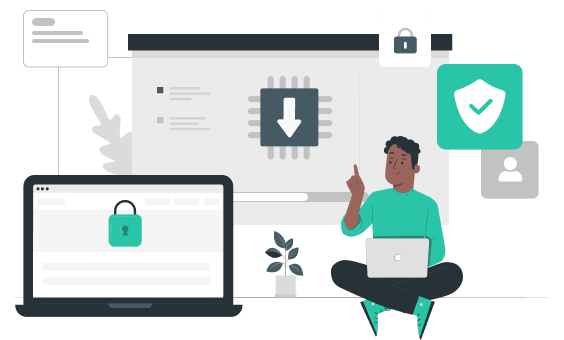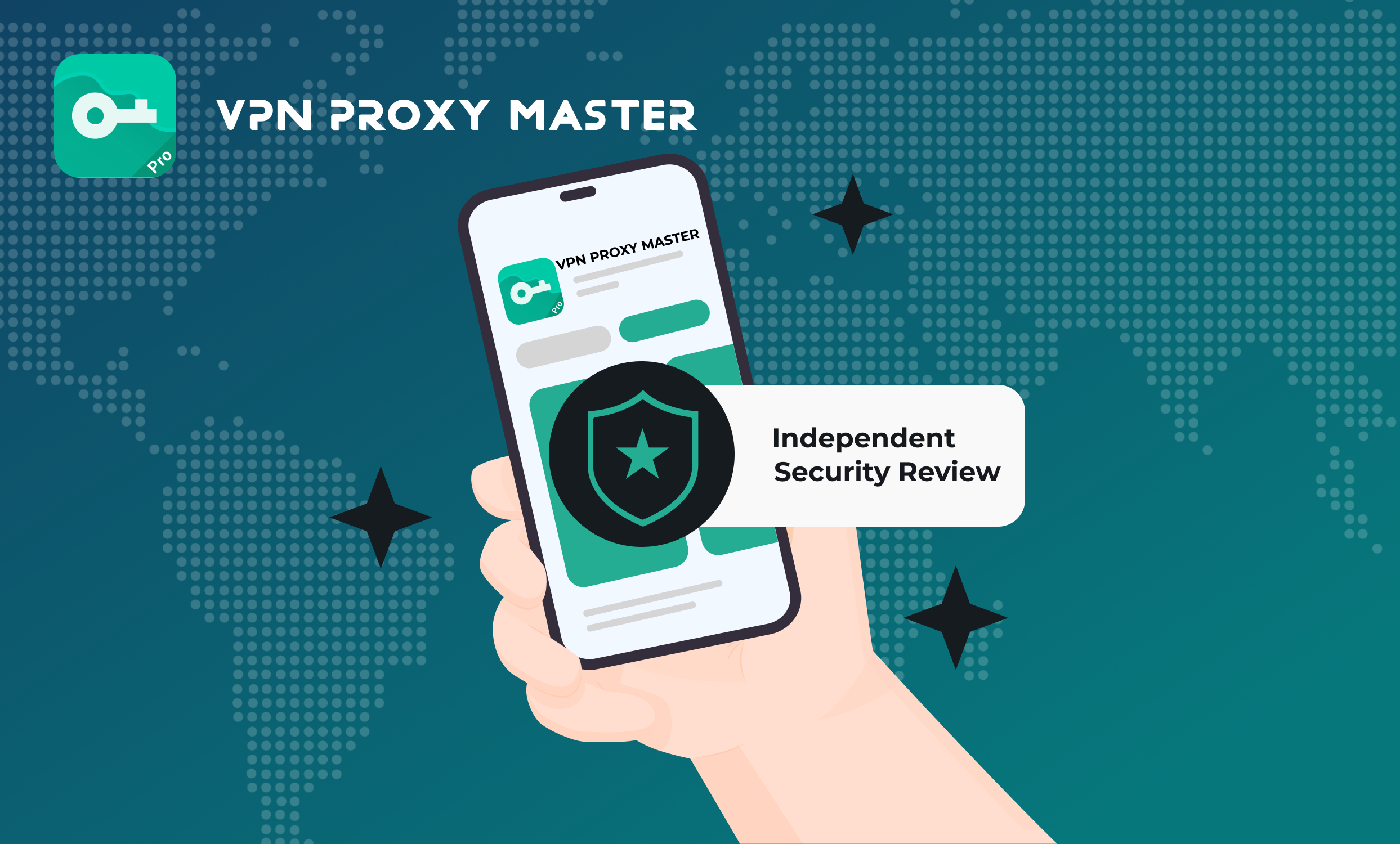
Corporations and individuals have found new ways to insert their products into people’s minds with technological advancement. The idea is simple: repeatedly mind people about a product to influence their decision. Surprisingly, the best way to reach people is through their mobile numbers, which are known as robocalls and spam calls.
People are generally careless about their number, casually sharing it with everyone they meet. They completely disregard the fact that companies and other people can use their numbers for all sorts of malicious activities, including targeted ads. Numerous corporations took this opportunity to market their products directly to their consumers because it works.
As it turns out, people are very easy to trick into buying products that they didn’t know existed. Some even end up sharing their credit card information with these marketers, which eventually leads to fraud. The most commonly used method to scam people is through robocalls and scam calls.
What are robocalls and spam calls
Robocalls
A robocall is an automated call that sends a pre-recorded message to millions of people every day. You may have received a call where you listened to a recorded voice instead of a real person at least once in your lifetime. Legitimate businesses also use robocalls to provide helpful information to their clients, such as flight cancellations. However, most robocalls are designed to convince you to buy something, while some of them are just scams.
Telemarketers and scammers send robocalls to billions of global numbers as technology has made it cheap and easy through the internet. Moreover, some robocalls are considered legitimate in the US. Although laws vary by jurisdiction, you should find out the legal status of robocalls. Some of the legitimate robocalls are:
Informational messages
Hospitals can send you a robocall to inform you about your medical appointment.
Debt collection
Debt collectors can legitimately use recorded messages to inform you about your due dates. However, a robocall that tries to sell you services to reduce your debt is not legitimate, and you should regard it as a scam.
Healthcare providers
Pharmacies can use recorded messages to remind you to refill your prescription if your doctor has prescribed you life-saving drugs.
Charities can also make robocalls to inform the public about their events and causes. However, if the charity decides to hire a third party to make robocalls on their behalf, they can make robocalls only to previous donors or charity members. Laws also require an automated option that lets them stop future robocalls.
Spam calls
Network subscribers also receive unsolicited calls intended to trick or scam the recipient. As discussed earlier, some people can easily trick into giving out their contact or credit card information. These irrelevant and inappropriate calls are sent to a pool of recipients that had never expressed any interest in receiving these calls in the first place.
Here are some of the dangerous spam calls that you need to be cautious about:
Spoofing calls
Spam callers normally spoof their number to represent a familiar local number. Scammers use this technique because they know people are more likely to pick up a familiar number than a number originating from another country.
IRS scams
Scammers make spam calls to people pretending to be from the IRS to access their personal information. People typically fall for this trap as they don’t want to risk anything regarding the IRS or their credit score. Scammers create a fake tax bill with your name and force you to pay it. If you deny, they claim they will delete your Social Security number. These callers also use fake IRS caller ID, title, and badge numbers to make the call appear legitimate.
Charity scams
Some people have set up fake charities that ask for donations to help people suffering from diseases or natural disasters. This is the most immoral type of spam call as people ignore real charities and start considering them a scam.
Health insurance calls
Scam artists also design calls for informing you that you’re not receiving the best health insurance and have better options available. Sadly, numerous people fall for these spam calls as they are well-thought and offer insane discounts on health insurance plans.
Main targets of Spam calls
Scammers target those who are relatively easy to manipulate; two of them are:
Sandwich Generation
People over 50 are regarded as the sandwich generation, as they are caring for their children and their aging parents at the same time. Scammers try to take advantage of this opportunity as people in the sandwich generation usually are under financial strain. As a result, when scammers send spam calls that offer them discounts or extra income, they get tricked into giving up their personal information.
Senior Citizens
Scammers target seniors as they are the most vulnerable members of society. Typically, seniors rely on social security, pensions, and support from their family members. Since they cannot afford the risk, scammers target them through their health insurance or medicare account to request their personal information.
Tips to stop robocalls and spam calls
Robocalls and spam calls are annoying and dangerous; therefore, you need to ignore them to keep yourself safe. Here are some tips you can use to stop them:
Don't overshare your phone number
One of the common mistakes that people make is that they overshare their phone numbers while socializing. Completely disregarding the fact that people can use your number for malicious activities is dangerous, and you need to take special care about it. Since your phone number is linked to your social security number and your credit cards, a scammer only needs a few pieces to complete the puzzle and access your account.
Therefore, share your mobile number with people you know very well and trust. Even if you become a scam victim, you can potentially trace the culprit as you only gave your number to a handful of people. Keeping your number private is the only way to stay safe in the current digital era.
Block any unknown phone number
If you see an unknown number on your phone, block it immediately. You don’t need to answer because you will become a continuous target. If it’s a real person calling you, let it go to voicemail. They will let you know why. If you find their reason satisfying, then you can call back. Remember that robocalls are automated, so they do not go to voicemail, and you should never callback on that number.
Use call filters or call-blocker apps
Cell Phone carriers have deployed special call filters on their network that help by automatically blocking robocalls to protect you from spam. You can also get third-party call blocker apps, but they are less efficient in blocking spam calls. Here are some tools from popular carriers:
- Call Protect by AT&T.
- Scam Shield by T-Mobile.
- Call Filter by Verizon.
Register to the National Do Not Call List
By registering on the National Do Not Call Registry, you can take your number off from a public list of numbers that telemarketers use for their robocalls. However, the registry will not stop charities, debt collections, and political groups from contacting you. It will reduce the number of spam calls you usually receive. You can also report unwanted spam calls to the Federal Trade Commission, and they will take strict actions.
You can register online by going to www.donotcall.gov and hitting the Register link. Just enter your phone number and email address in the contact fields. The system will confirm your request within 72 hours of submission, and you won’t receive spam calls anymore.
Use a reliable VPN for digital privacy
Scammers can also target you online; therefore, you need to protect yourself while surfing the internet. The best way is to get a VPN Proxy Master subscription to encrypt your internet traffic. It will also hide your IP address and location to keep you safe from any potential hacker or scammer on the internet. With VPN Proxy Master, you can avoid more types of spams.















